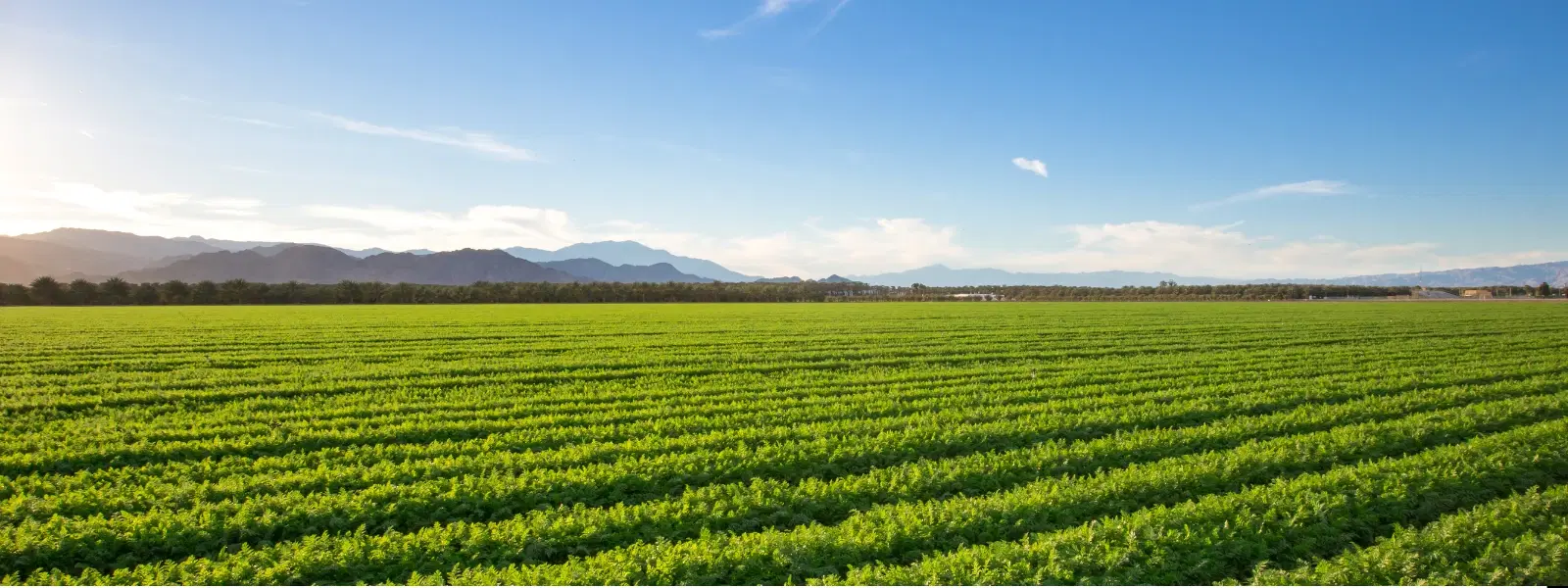
Flights
•04 min read

Picture endless golden-yellow fields under a clear blue sky, where the vibrant hues of mustard create a serene landscape that seems painted by nature itself. In India, these lush, yellow fields are more than just scenic backdrops; they are a paradise for photography enthusiasts and a celebration of rich cultural traditions and agricultural heritage. This blog guides you through 10 picturesque mustard field towns in India that promise stunning visuals and inspiring travel experiences.
The radiant yellow blooms of mustard fields create an enchanting landscape that captivates the eye. Photographers are drawn to the striking contrast between the brilliant flora and the natural backdrop of clear skies and expansive fields. In numerous Bollywood movies, these scenic views have been immortalized, adding a cultural charm that resonates with both locals and travelers alike.
Mustard farming in India plays a crucial role in the agricultural economy. This crop not only fosters sustainable livelihoods but also shapes the rural landscape during the mustard crop season, which typically spans from late December to February. The sight of cascading yellow fields highlights the beauty of seasonal change and the enduring importance of agriculture in the country.
In Punjab, towns like Gurdaspur and Amritsar are celebrated for their vast, undulating mustard fields. Visitors here can immerse themselves in the local culture by enjoying traditional farm stays and partaking in culinary experiences such as the famous langar near the Golden Temple. These experiences offer both a visual treat and an insight into the warm hospitality of Indian villages with mustard fields.
The Kashmir Valley transforms into a magical mustard wonderland every spring. With its rolling hills and pristine backdrop, the valley attracts photographers eager to capture the scenic mustard fields in India. The blend of natural splendor and cultural heritage makes this region a must-visit destination during the blooming season.
In Rajasthan, towns such as Bharatpur and Alwar offer an unexpected delight. Amidst arid landscapes, mustard fields bloom in stunning contrast, creating a unique interplay between desert terrain and rich, golden colors. These towns highlight the mustard cultivation regions of Rajasthan, where agro-tourism is slowly taking root among scenic mustard fields India enthusiasts.

This quaint village in Punjab is a hidden gem for those in search of untouched natural beauty. Known for sprawling mustard fields and its proximity to historical sites such as Takht-i-Akbari, Nawapind Sardaran charms visitors with its authenticity and quiet charm.
Suhelwa stands out as a photographer’s delight among Indian villages with mustard fields. The town not only showcases breathtaking mustard fields but also celebrates its local culture through various festivals and vibrant rural life, offering a slice of traditional India.
In Haryana, towns like Karnal and Kurukshetra are renowned for their extensive mustard plantation areas and the spirit of agro-tourism. Here, visitors can enjoy immersive experiences in mustard farming villages while understanding the deep-rooted traditions of local agriculture.
The magic of mustard fields is best witnessed during the mustard crop season in India. Across various regions, this season typically lasts from late December until February. For those looking to capture the most vibrant images, planning your trip during these months ensures that the fields are in their full, resplendent bloom.
To truly capture the allure of yellow fields in India, consider several photography techniques. Experiment with angles and lighting to emphasize the rich saturation of the mustard blooms. A wide-angle lens can help showcase the vastness of the fields, while a polarizing filter may enhance the contrast between the bright flowers and the sky. Whether you are an amateur or a professional, these techniques will help you craft memorable, shareable images.
Mustard fields in India are not just a visual treat but also a symbol of prosperity and cultural heritage. The vibrant yellow flowers signify the arrival of spring and are often celebrated in local festivals across the country.
Towns like Gurdaspur and Amritsar are embracing agro-tourism by offering immersive farm stays. Travelers can explore rustic farm tours, interact with local farmers, and even partake in traditional culinary sessions. These experiences bring you closer to the heart of mustard farming in India and celebrate the rural lifestyle in a way that is both enriching and inspiring.
-95e61ea7-ab4c-459c-9b20-5d183cfc507b.png&w=3840&q=75)
Mustard fields create a perfect backdrop for cultural celebrations. In Punjab, the Hola Mohalla festival is an excellent example, where the dynamic energy of the event is enhanced by the scenic, golden surroundings. Alongside, regional festivals in Rajasthan and other parts of North India highlight traditional cuisines and customs, making these towns a vibrant intersection of nature and culture.
Mustard is predominantly grown in states like Rajasthan, Punjab, Haryana, and Uttar Pradesh, known for their extensive mustard cultivation regions.
The yellow flowers in Punjab are mustard flowers, which bloom during the mustard crop season and create stunning scenic landscapes.
The best time to visit mustard fields in India is during the mustard crop season, typically from late December to February when the fields are in full bloom.
Yes, festivals like Hola Mohalla in Punjab and local spring festivals in Rajasthan add cultural vibrancy to the scenic fields during the blooming season.
Many towns in Punjab and Rajasthan offer farm stays and agro-tourism experiences, allowing tourists to immerse themselves in the rural charm of mustard field towns India.
India’s mustard field towns are a treasure trove for photographers and travelers alike. They offer not only breathtaking visual landscapes and unique photography opportunities, but also a deep dive into cultural traditions and the agricultural heritage of the country. From the renowned fields of Punjab to the hidden gems of Uttar Pradesh and Haryana, these destinations promise unforgettable experiences and a refreshed perspective on rural India.